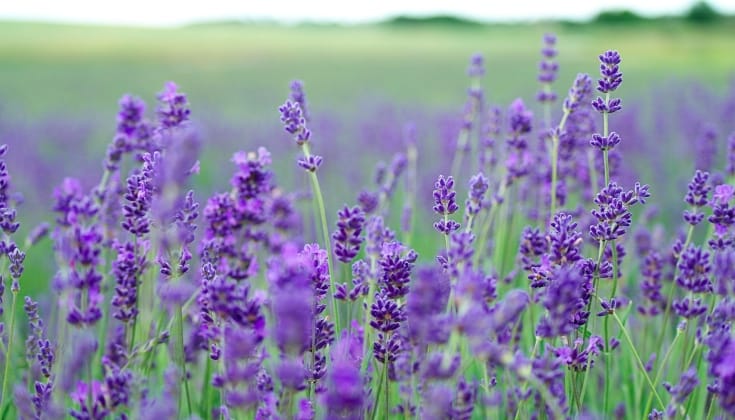Bienveillance is the French word for metta, often translated as loving-kindness. In the foothills of the Alps, in the tiny village of Fontaine-Vive where my parents lived for thirty-five years, the word exudes the warm fragrance of feathery purple clouds of summer lavender, growing in abundance in every French garden.
Bienveillance: watching over, with kindness; like surveillance with friendly, benevolent intention.
Visiting sacred places, doing pilgrimage, can inspire us on our journey. To go back to a place, to a time of life, and feel how it has been transformed is a pilgrimage—diving into the river of change to enter the stream of this inexorable reality, awakening to the truth of our transience. Only a section of my mother’s garden remains; her hollyhocks, dahlias, begonias, sweet peas, and corn are gone. The raspberries don’t taste as sweet, and the old 1788 farmhouse is less rustic, more elegant—enlarged and renovated to fit the family that lives there now.
The Buddha taught that while our lives are ephemeral, how we live and what we do matters and lives on beyond us. Tears come as I experience the utter gone-ness of my parents and that time of my life, vanished yet still here in the timeless realm of my memory and the memories of their friends and neighbors in the village. Although they left fifteen years ago, the way my parents were present remains. The villagers who remember them still joke with me about their expansive American openness, curiosity, and laughter. They still appreciate my parents’ great love for one another and for Fontaine-Vive.
Just as we are drawn to the timeless teachings of the dharma, my parents wanted to live a balanced and joyful life, drawn to the ancient wisdom of the farming countryside, to the old ways that call to us in the midst of our modernity. Going back, I discover a place in the heart where la bienveillance is fully alive, flowing still, down the ever-changing stream of anicca, impermanence.

